The country's FDI attraction still maintains an impressive growth rate; especially the acceleration in FDI disbursement, becoming a bright spot in the economic picture in the first quarter of 2025.
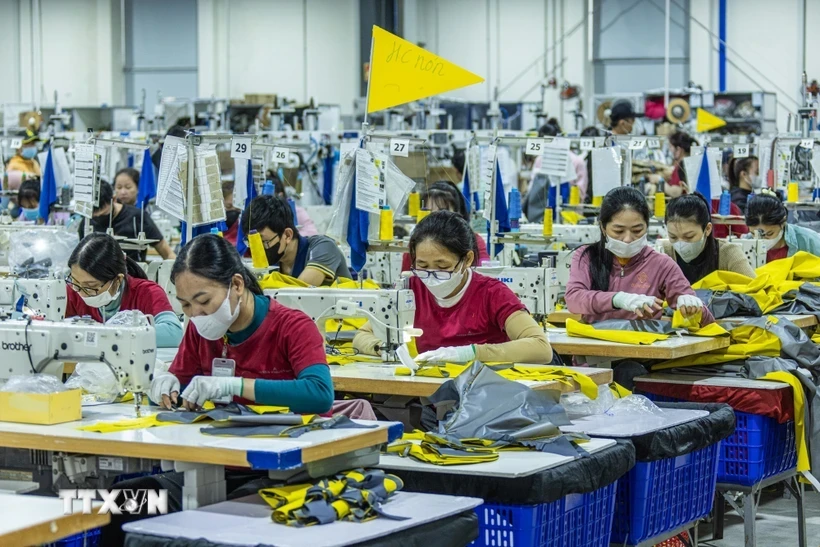
In the context of the unpredictable fluctuations in the world economic and political situation, with the participation of the entire political system, the timely, drastic and close direction and management of the Government and the Prime Minister, and the efforts of all levels, sectors, localities, the business community and people nationwide, the economy in the first quarter of 2025 achieved a growth rate of 6.93%.
One of the bright spots in the economic picture in the first quarter of 2025 is the attraction of foreign direct investment (FDI). Accordingly, the country's FDI attraction still maintains an impressive growth rate; especially the acceleration in FDI disbursement.
Bright spots in the economic picture
According to the General Statistics Office, Ministry of Finance, as of March 31, total registered FDI capital in Vietnam reached 10.98 billion USD, up 34.7% over the same period last year.
Specifically, in the first 3 months of the year, 401 projects registered to adjust investment capital (up 44.8% over the same period), with the total additional investment capital reaching nearly 5.16 billion USD (nearly 5.1 times higher than the same period).
Along with that, there were 810 capital contribution and share purchase transactions by foreign investors (up 11.6% over the same period), with the total capital contribution value reaching nearly 1.49 billion USD (up 83.7% over the same period).
In particular, disbursed FDI capital reached 4.96 billion USD, up 7.2%; mainly focused on the processing and manufacturing industry (accounting for nearly 62% of total registered capital and up 26% over the same period). This is the highest realized FDI capital in the first 3 months of the year in the past 5 years, reflecting the economy's capacity to absorb and disburse FDI capital.
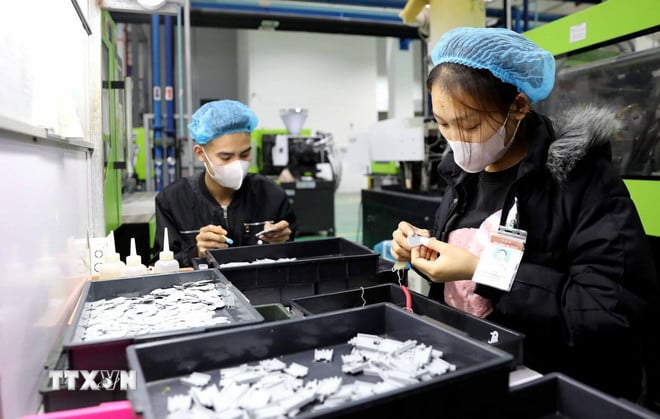
“With the number of new investment projects, the number of projects adjusting capital, capital contribution transactions, and share purchases all increasing, it affirms that Vietnam continues to be an investment market where foreign investors place their trust and make new investment decisions as well as expand existing investment projects...,” said Ms. Phi Thi Huong Nga, Head of the Department of Industry and Construction Statistics, General Statistics Office.
However, in the first three months of the year, newly registered capital reached only over 4.33 billion USD, down 31.5% over the same period last year.
According to the Foreign Investment Agency, the situation has improved, as in March 2025, the amount of new investment capital increased sharply compared to previous months (up 66.5% compared to January and nearly 2.4 times higher than February). The number of new investment projects also increased (up 42.7% compared to January and nearly 18.4% higher than February).
Due to the lack of large-scale projects, total new investment capital in the first 3 months of 2025 still decreased by 31.5% compared to the same period.
On the positive side, the decline in new investment has improved. The decline in the first three months of 2025 was less than the 48.4% decline in the first two months and the 43.6% decline in January 2025.
However, the sharp increase in adjusted investment capital (up 407%) and capital contribution and share purchase (up 83.7%) offset the decrease in new investment capital due to the average scale of new projects being smaller than the same period, bringing the total investment capital of the whole country in the first 3 months of the year up 34.7%.
According to the assessment of former General Director of the General Statistics Office Nguyen Bich Lam, the notable point about foreign investment capital in Vietnam in the first quarter of 2025 is the very high number of newly registered projects, with 850 licensed projects, an increase of 11.5%. However, the registered capital reached 4.33 billion USD, a decrease of 31.5%.
“The average registered capital of an FDI project is only 5 million USD, showing that there are many small-scale FDI projects. The Government and localities need to review and carefully screen FDI projects to eliminate investors coming to Vietnam to hide and avoid the trade war,” expert Nguyen Bich Lam emphasized.
Commenting on the new US tax policy for Vietnam, Ms. Phi Thi Huong Nga said the most affected industries are electronics, wood and wood products, textiles, footwear... This is also the industry with the most FDI enterprises.
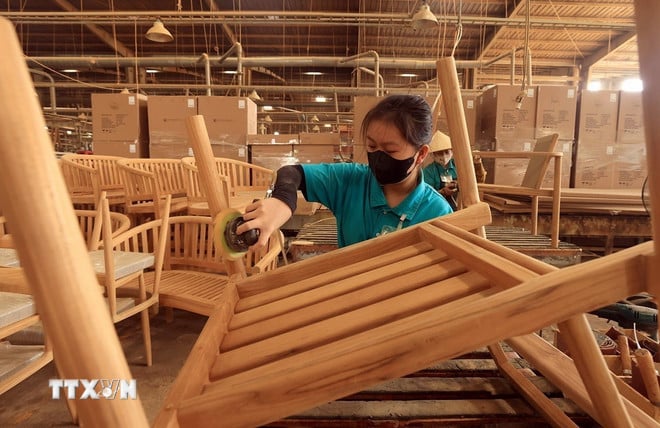
For the group of electronic computers and components, machinery, equipment, tools and spare parts, and phones of all kinds and components, the FDI enterprise sector accounts for about 93% of total export turnover. Imposing reciprocal taxes may cause FDI enterprises to shift part of their production activities or finished goods to other countries, thereby affecting Vietnam's exports.
According to EuroCham Chairman Bruno Jaspaert, European businesses have long appreciated Vietnam's flexibility in international relations, which is reinforced by the Government's subtle yet decisive approach to global challenges.
"In the face of new developments in the tariff storm, EuroCham is committed to ensuring that the voice of the European business community is not only heard but also supported to help Vietnam overcome these obstacles...," the EuroCham Chairman affirmed.
Remove obstacles
To attract FDI in the new context, with available advantages, Ms. Phi Thi Huong Nga said that Vietnam needs to continue making efforts to reform administrative and customs procedures, improve the quality of human resources, accelerate the development of synchronous infrastructure, increase incentives to attract FDI in high-tech and sustainable fields...
To minimize the negative impact of the reciprocal tax policy, Vietnam needs to strengthen bilateral dialogue with the US to clarify the bilateral trade benefits between the two countries, affirming that Vietnam is a fair and trustworthy trade partner; at the same time, continue to be proactive, positive and use many different channels and measures to balance the trade balance between the two countries...
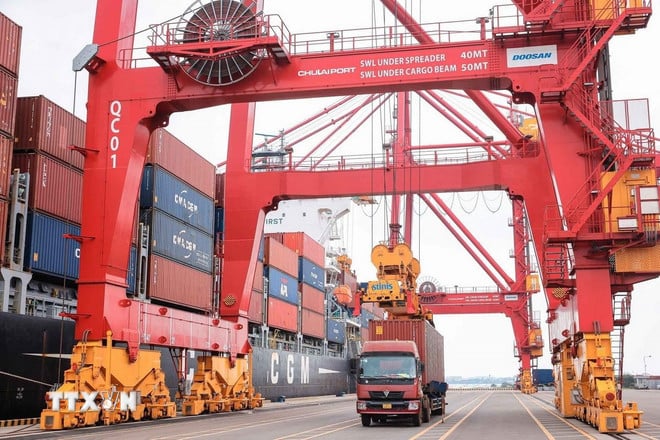
With a new investment attraction orientation, many investors consider Vietnam to be an attractive investment destination. Mr. Jeong Jihoon, Vice President of the Korean Chamber of Commerce in Vietnam (KOCHAM), commented that in the context of investment capital flows to many countries around the world slowing down, Vietnam still maintains an impressive level of FDI attraction.
Thanks to its favorable geographical advantages, Vietnam has a developed logistics and transportation system, while maintaining diplomatic stability, helping to reduce barriers in import and export activities.
“Currently, many Korean enterprises consider Vietnam as one of the top priorities when considering expanding investment abroad,” said Mr. Jeong Jihoon.
To increase Vietnam's attractiveness to foreign investors, according to EuroCham, businesses participating in the survey said that infrastructure development is considered a top priority.
In addition, businesses also emphasized the need to streamline administrative procedures to reduce bureaucratic barriers; ease visa and work permit issuance processes for foreign experts; as well as enhance transparency in laws and law enforcement...
Along with that, Vietnam needs to improve the administrative procedure system through digitalization and upgrade the management system, in order to enhance coordination between functional agencies, so that the market access process of FDI enterprises will take place more quickly and smoothly. Thereby promoting stronger investment capital flows into Vietnam.
In order to improve the business environment, Mr. Do Van Su said that the Government has just issued Resolution 66/NQ-CP on the Program to reduce and simplify administrative procedures related to production and business activities in 2025 and 2026; in which, many overlapping business conditions will be eliminated.
“When policies are issued, to create consistency, the Ministry of Finance organizes training for localities and businesses to implement them. Many localities have different understandings, the Ministry will have specific written instructions,” said Mr. Su.
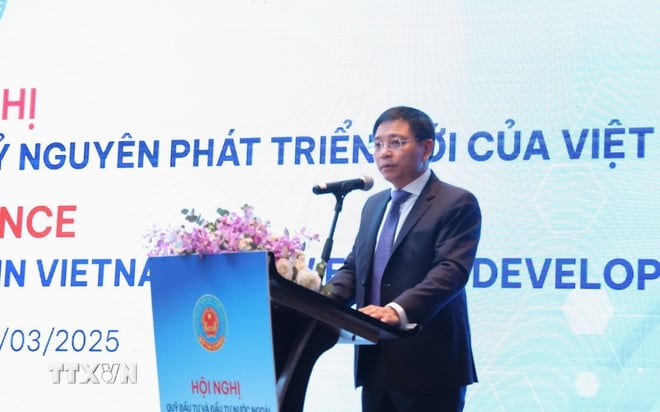
Recently, at the Conference "Investment Funds and Foreign Investment in Vietnam's New Development Era," Minister of Finance Nguyen Van Thang affirmed that the Ministry will continue to work with ministries, branches and localities to remove obstacles in the process of attracting FDI capital by improving the business environment, cutting costs and administrative procedures.
At the same time, promote public-private cooperation with corporations and investment funds with sustainable capital sources, effective operations, management experience and good business models to participate in investing in strategic infrastructure projects, artificial intelligence, semiconductors, science and technology development, innovation, digital transformation, and renewable energy.
In addition, the Ministry of Finance will maintain policy dialogue to promptly detect difficulties and obstacles and proactively propose solutions, creating all favorable conditions for investors to invest in Vietnam.
On the local side, Mr. Nguyen Trung Kien, Head of the Management Board of Industrial Parks of Hai Duong province, said that the Management Board will focus on promoting foreign investment; in which, focusing on attracting high-tech projects and supporting industry projects.
At many recent meetings with FDI enterprises, Prime Minister Pham Minh Chinh pledged to create favorable conditions for foreign investors; at the same time, affirmed “not saying no, not saying difficult, not saying yes but not doing” when resolving investors’ problems./.
Source


![[Photo] General Secretary To Lam holds talks with General Secretary and President of China Xi Jinping](https://vstatic.vietnam.vn/vietnam/resource/IMAGE/2025/4/14/b3d07714dc6b4831833b48e0385d75c1)
![[Photo] Reception to welcome General Secretary and President of China Xi Jinping](https://vstatic.vietnam.vn/vietnam/resource/IMAGE/2025/4/14/9afa04a20e6441ca971f6f6b0c904ec2)
![[Photo] National Assembly Chairman Tran Thanh Man meets with General Secretary and President of China Xi Jinping](https://vstatic.vietnam.vn/vietnam/resource/IMAGE/2025/4/14/4e8fab54da744230b54598eff0070485)
![[Photo] Prime Minister Pham Minh Chinh meets with General Secretary and President of China Xi Jinping](https://vstatic.vietnam.vn/vietnam/resource/IMAGE/2025/4/14/893f1141468a49e29fb42607a670b174)
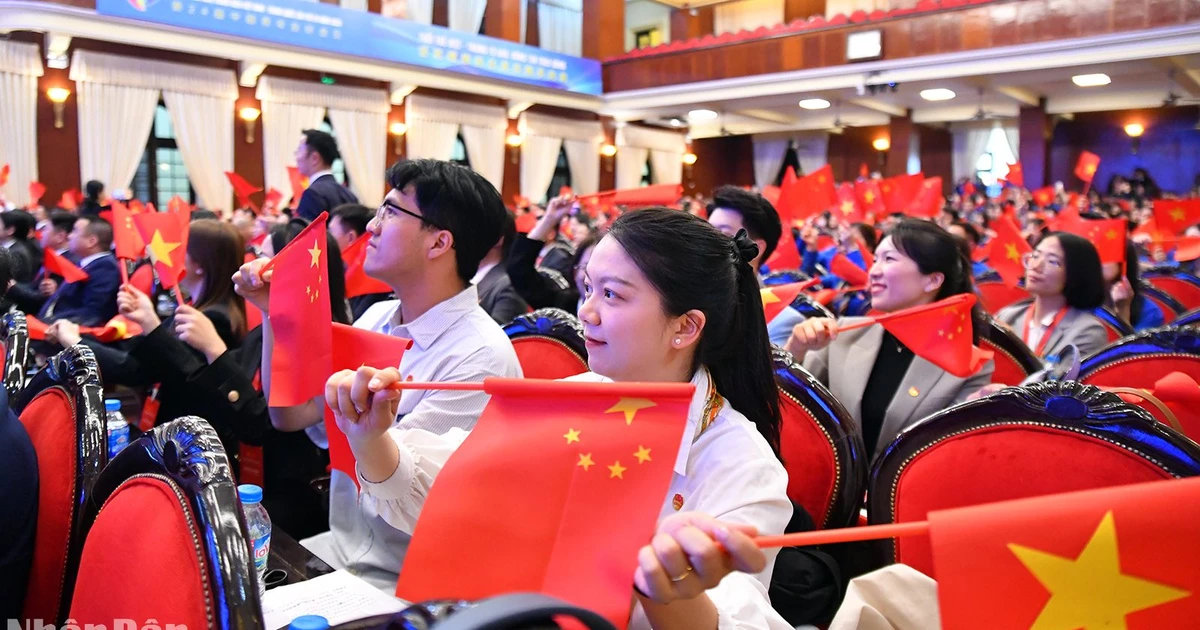
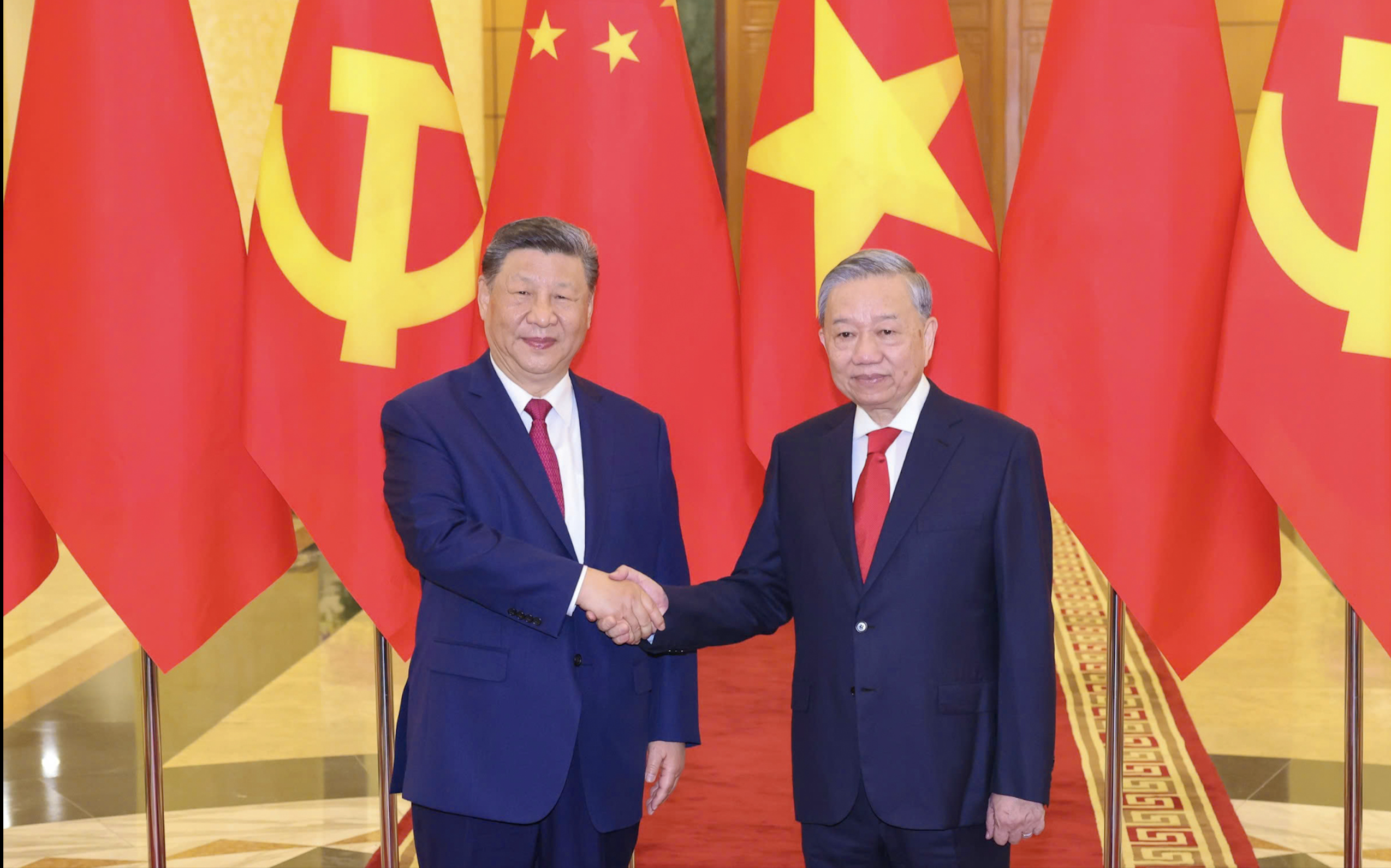
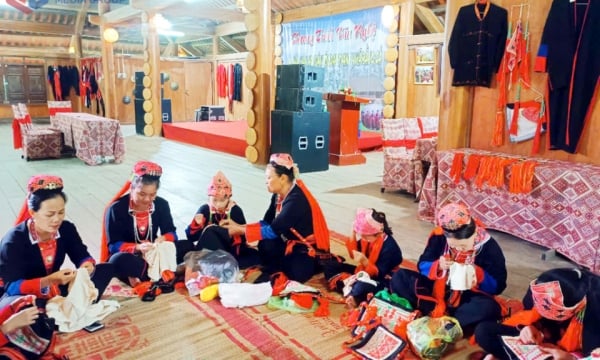
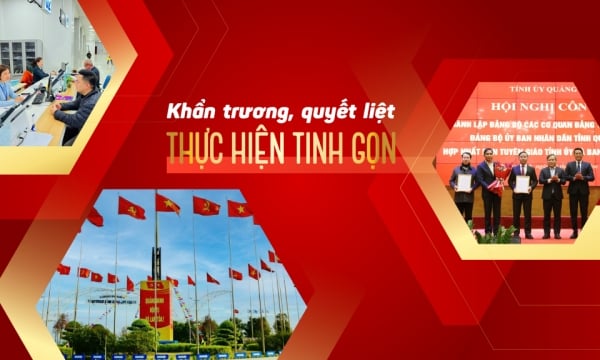
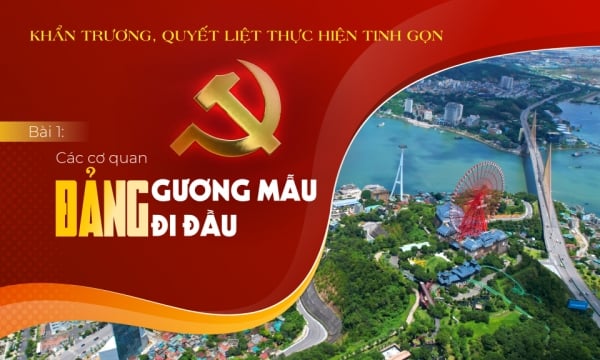
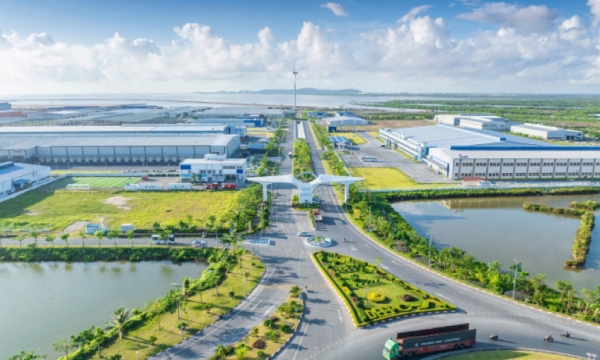
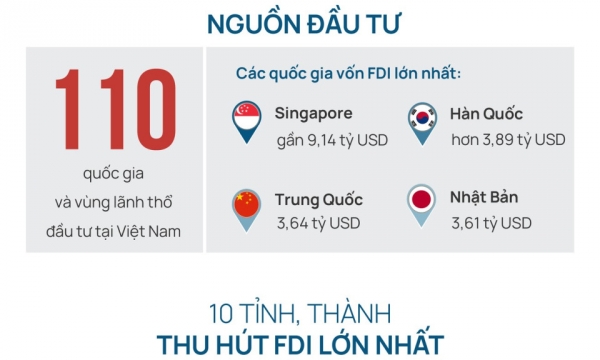
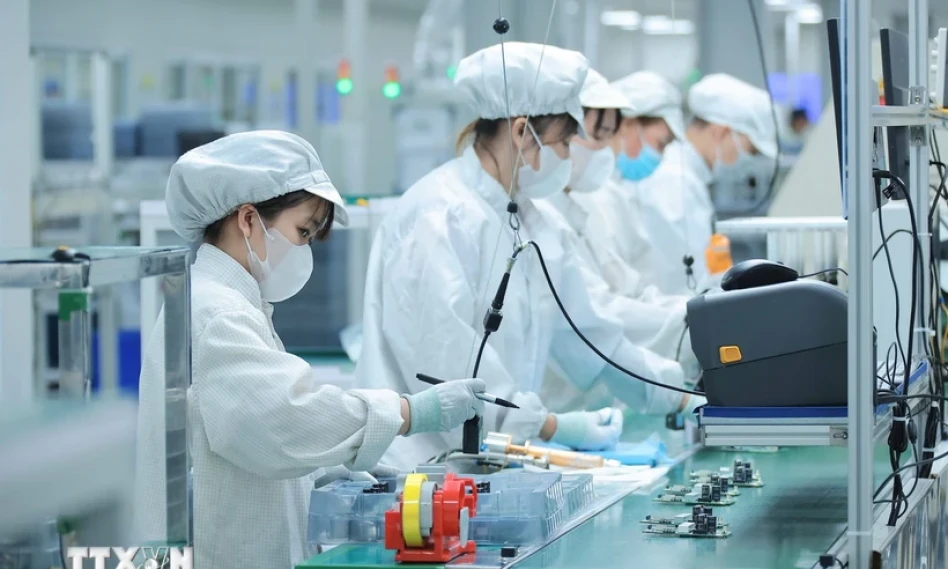
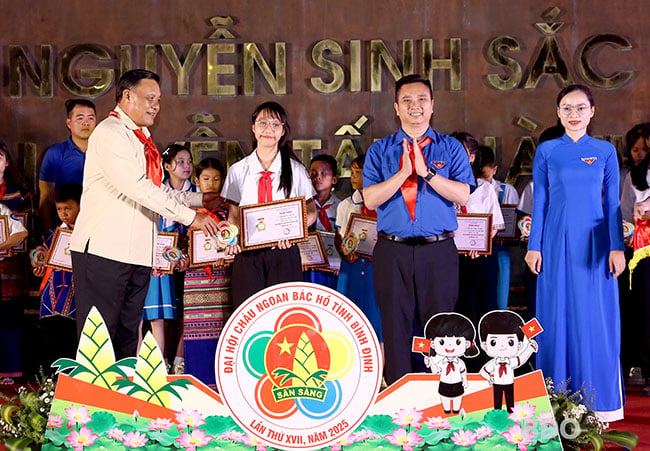
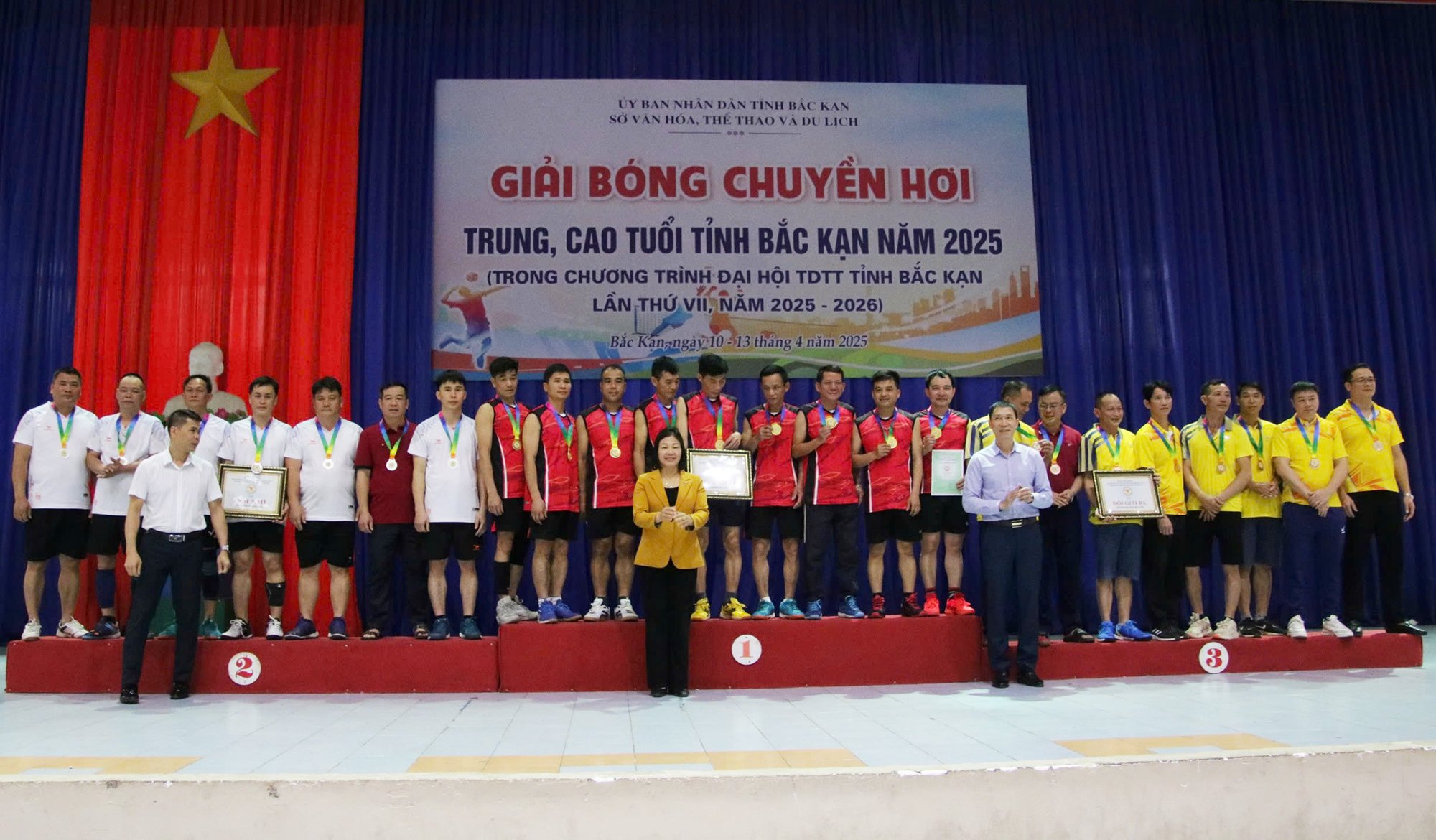
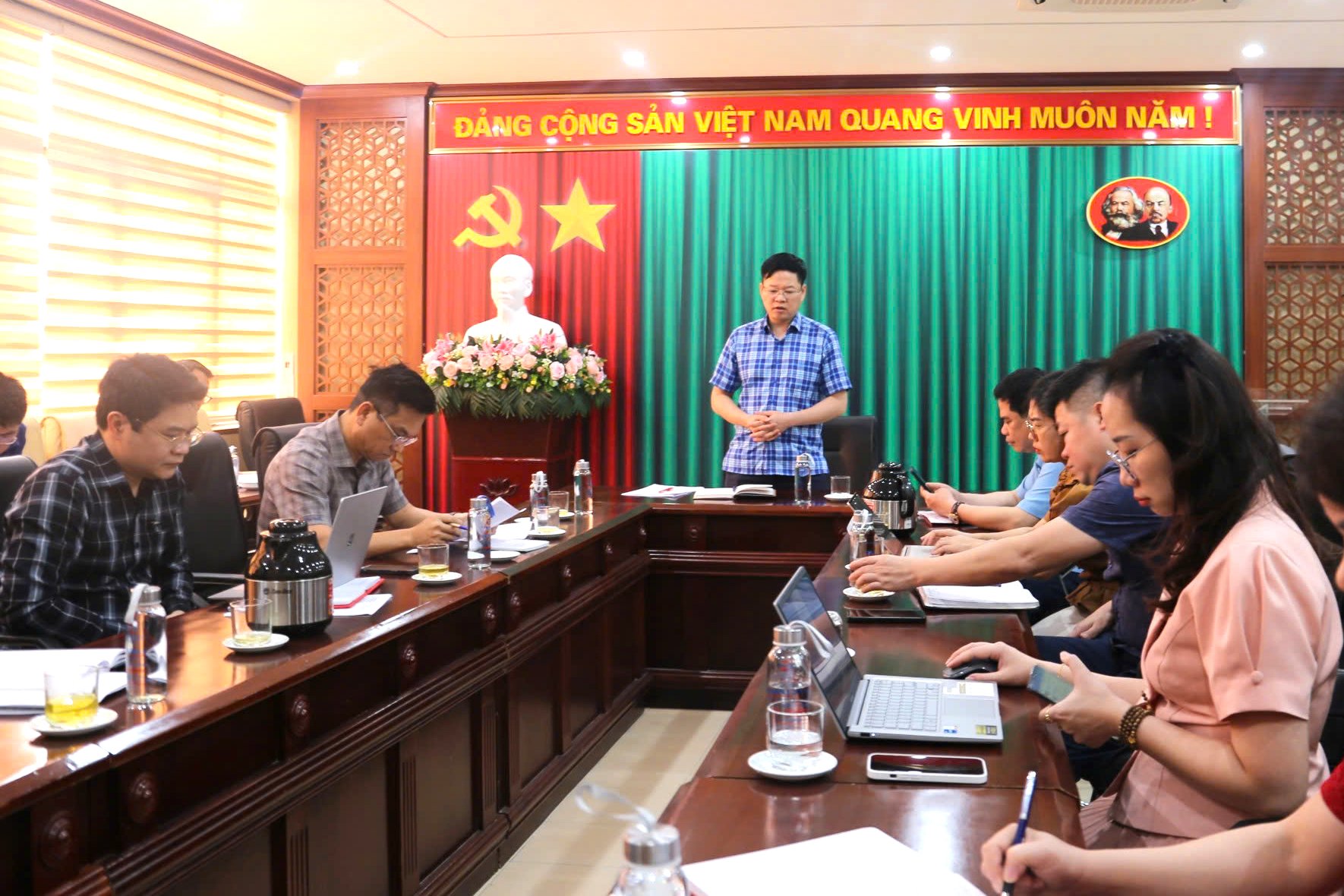
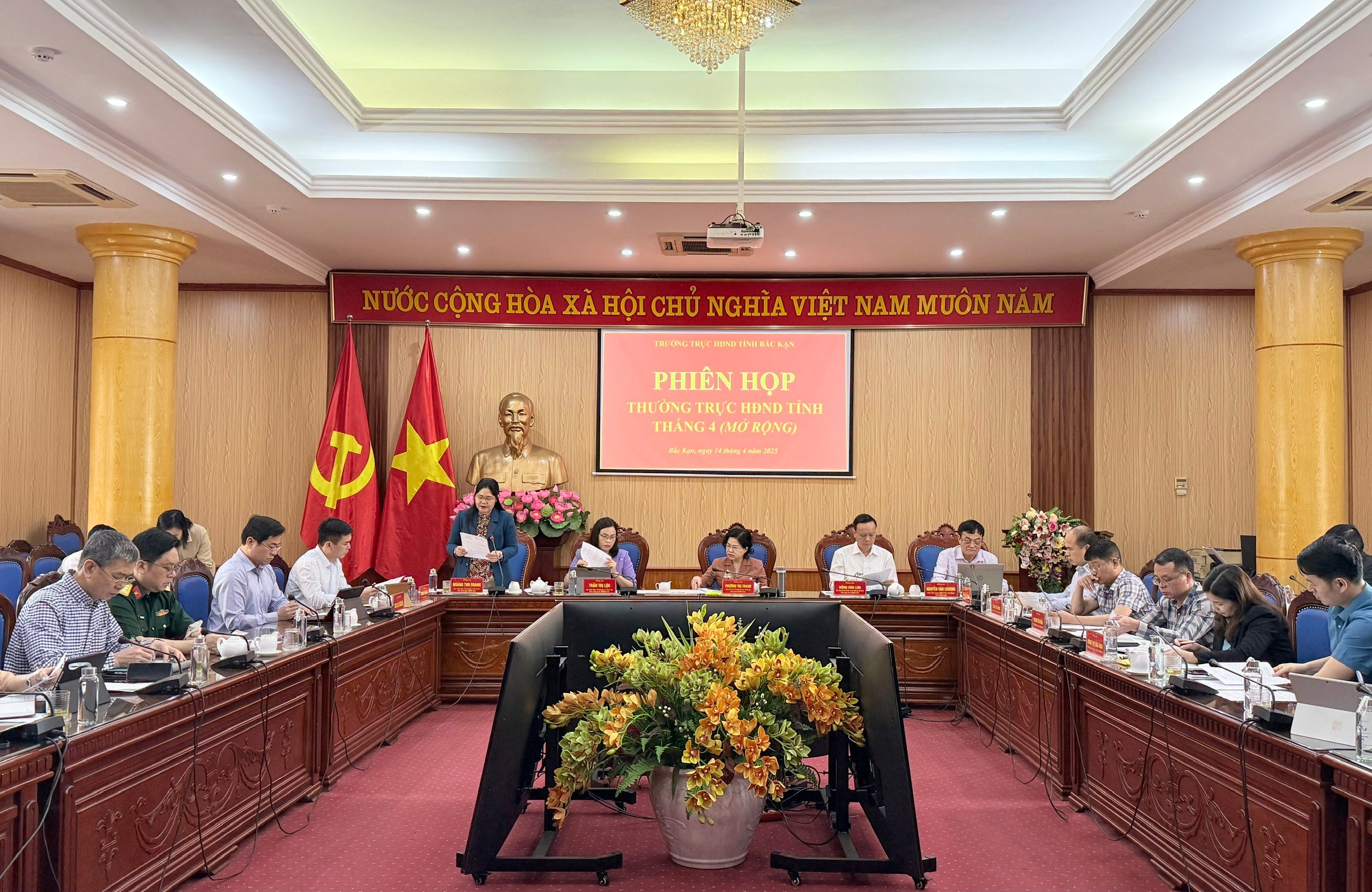






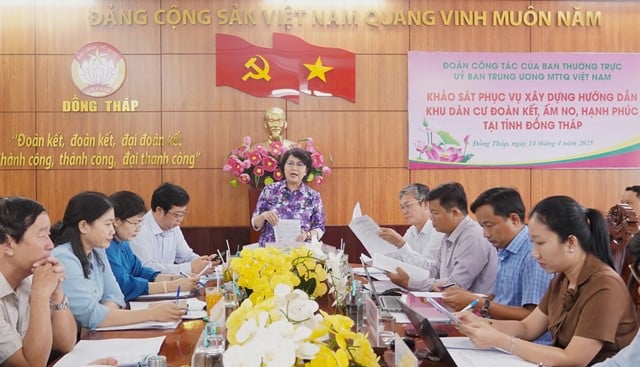
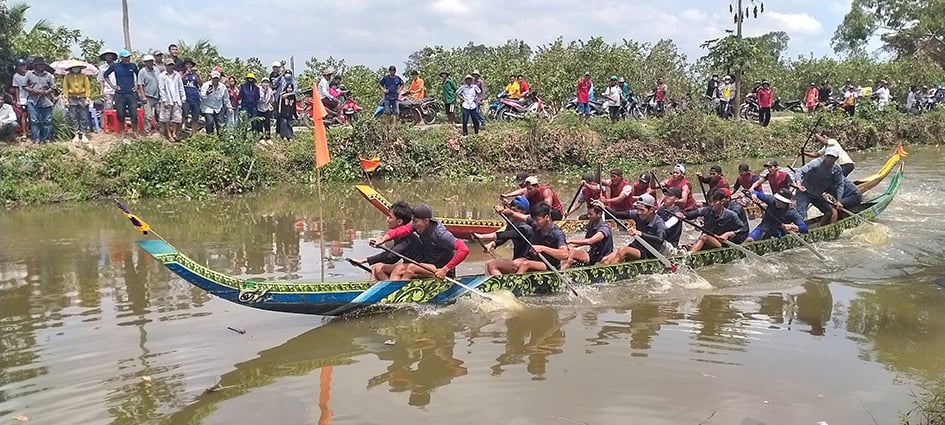


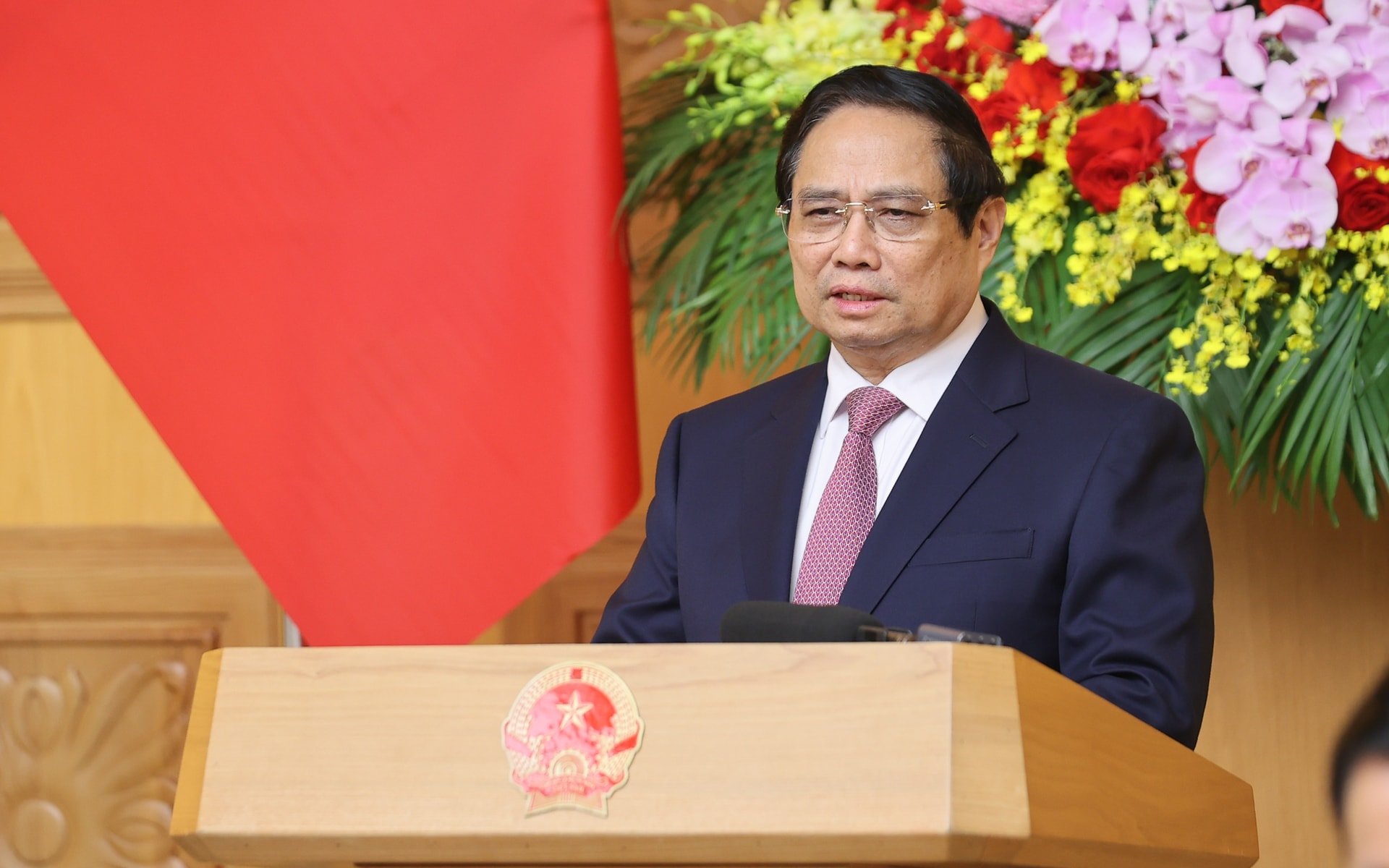


















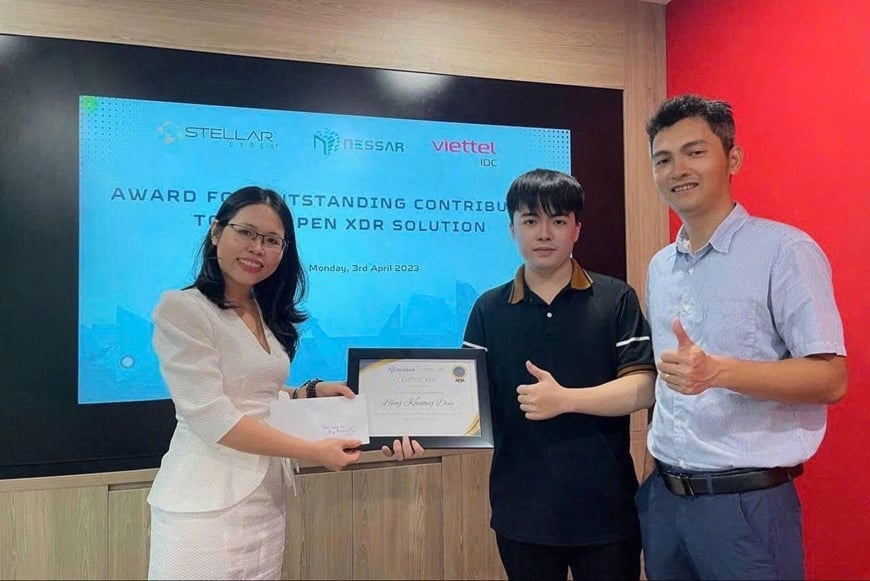












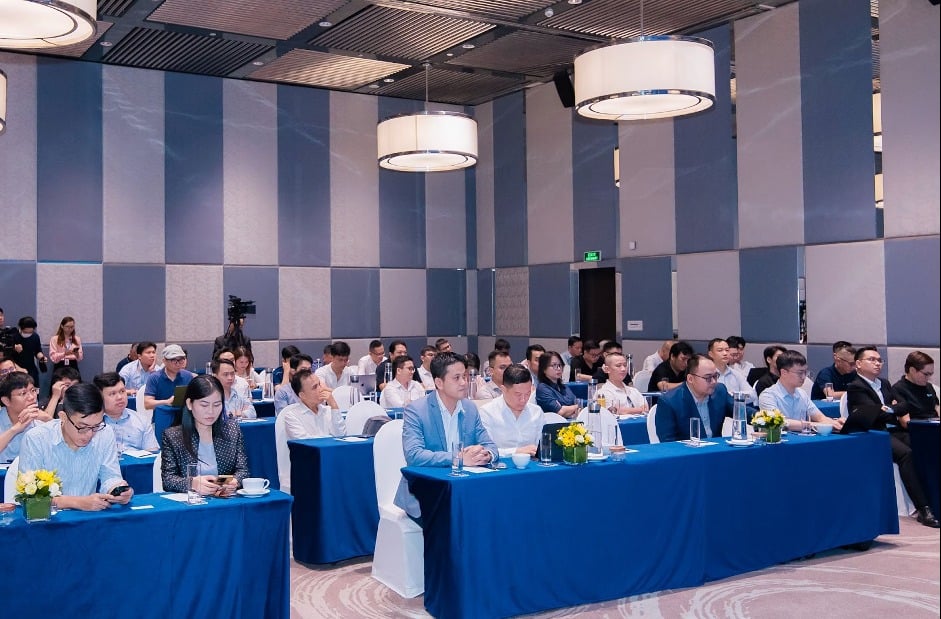
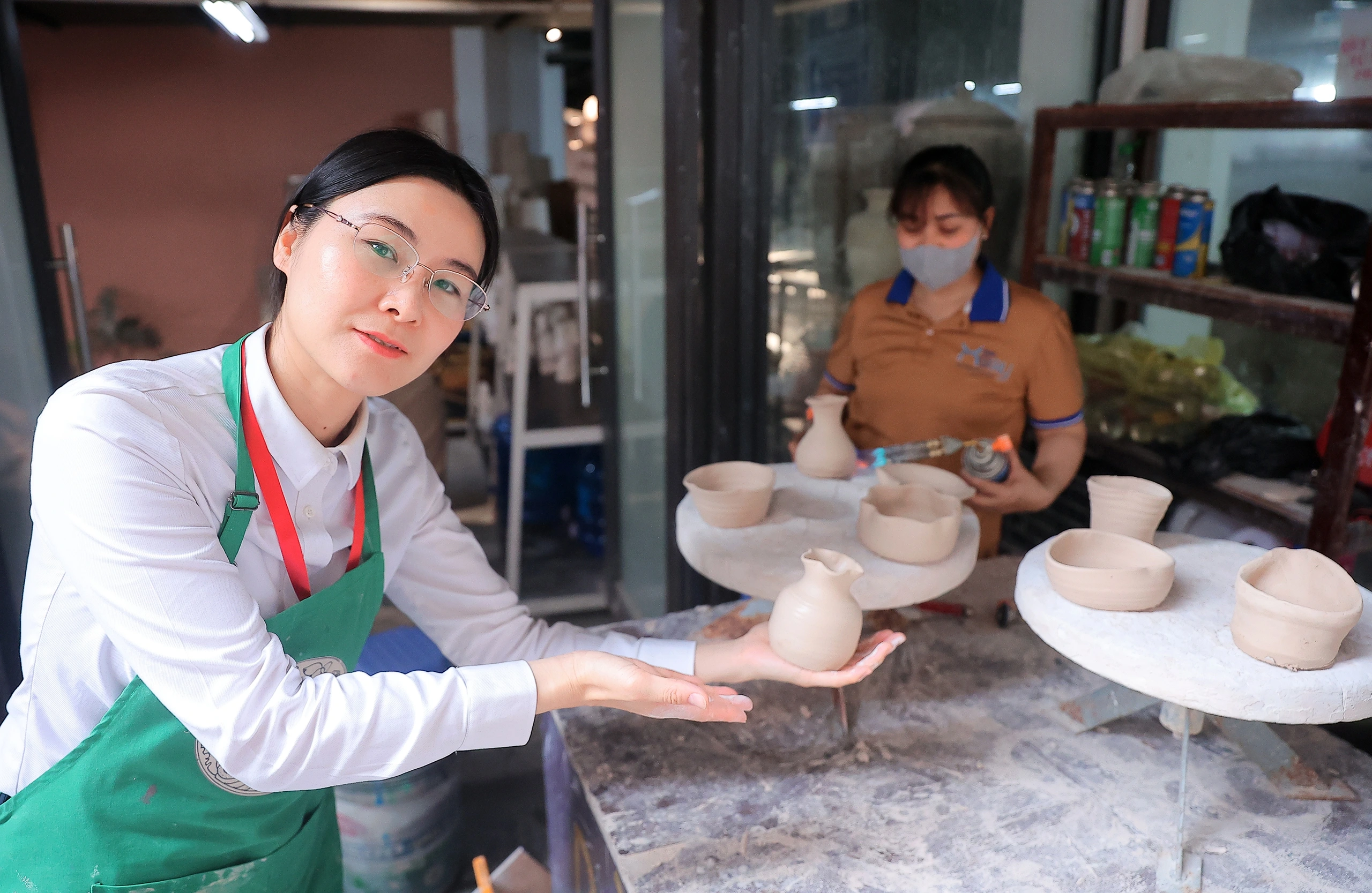

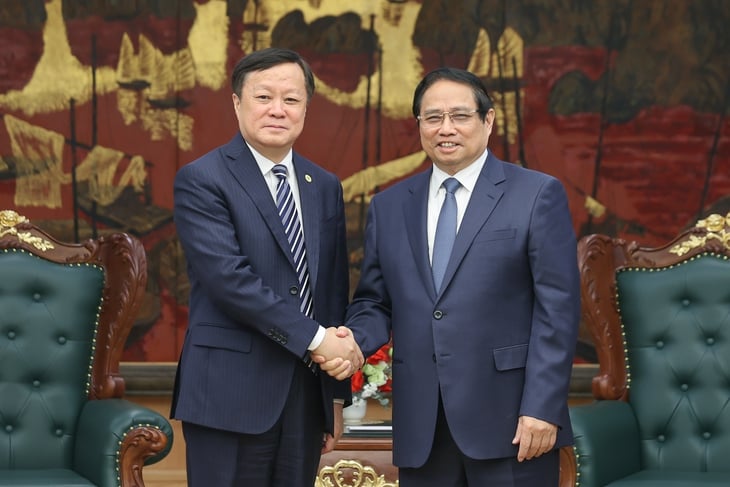
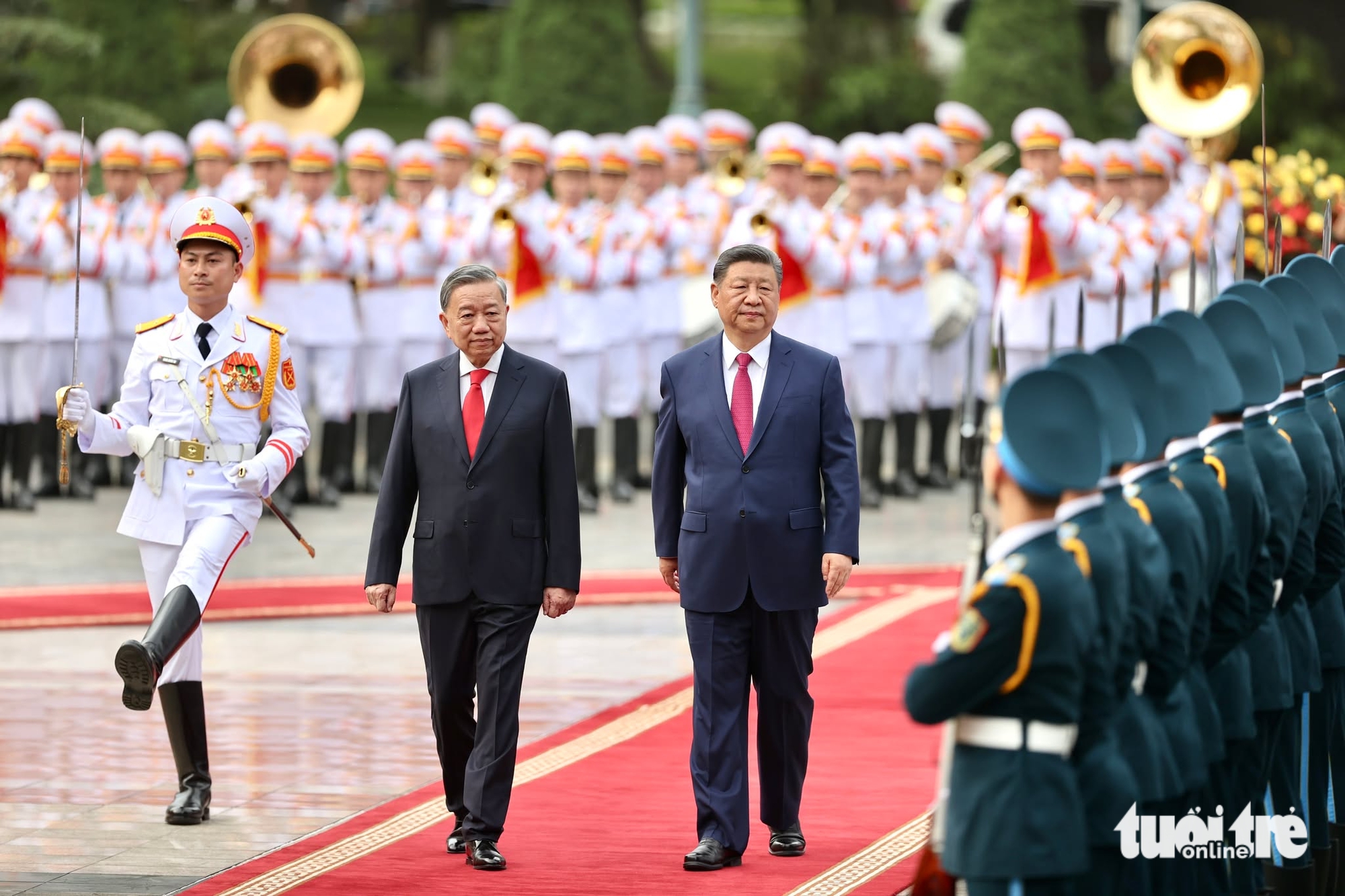
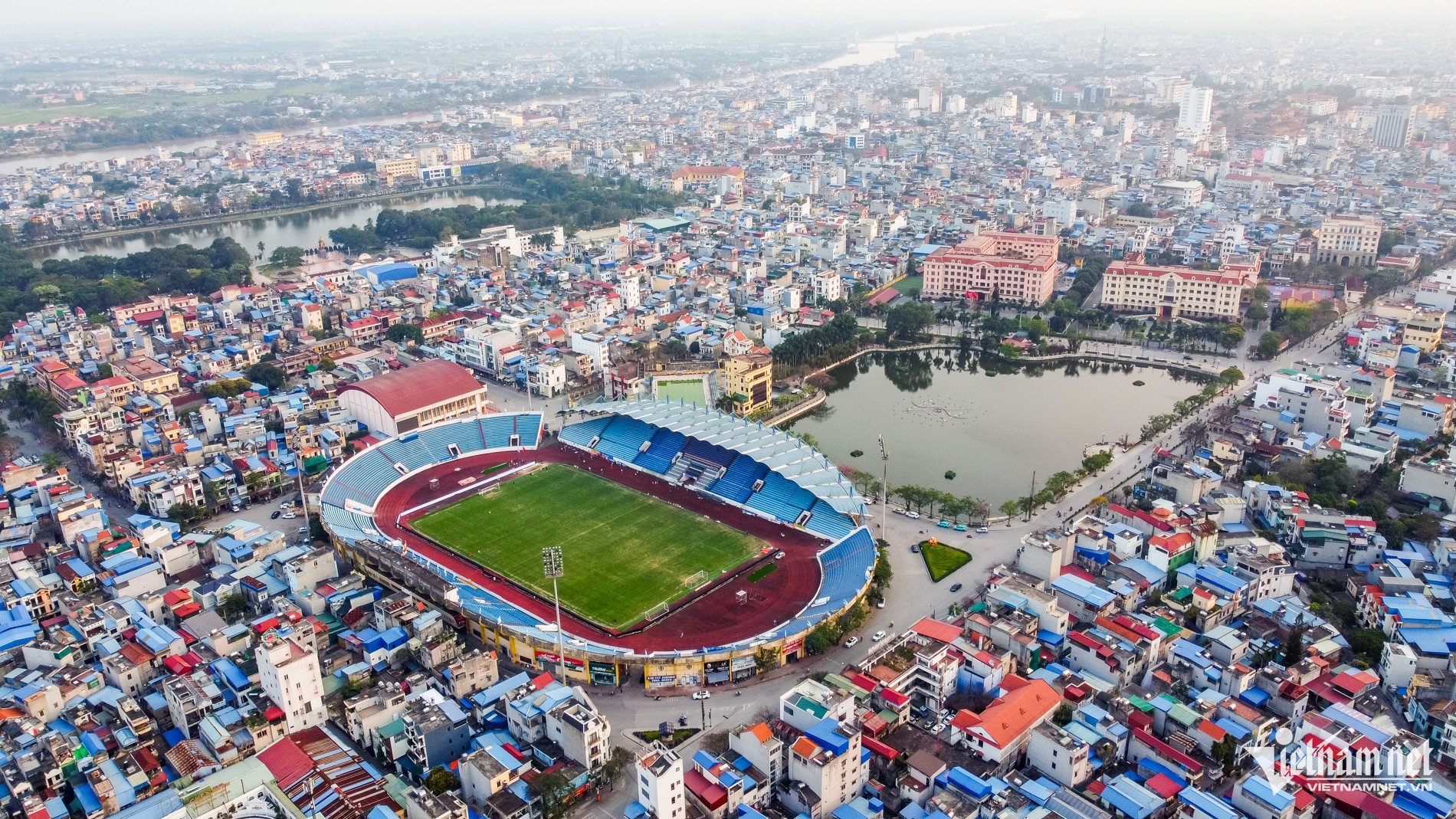
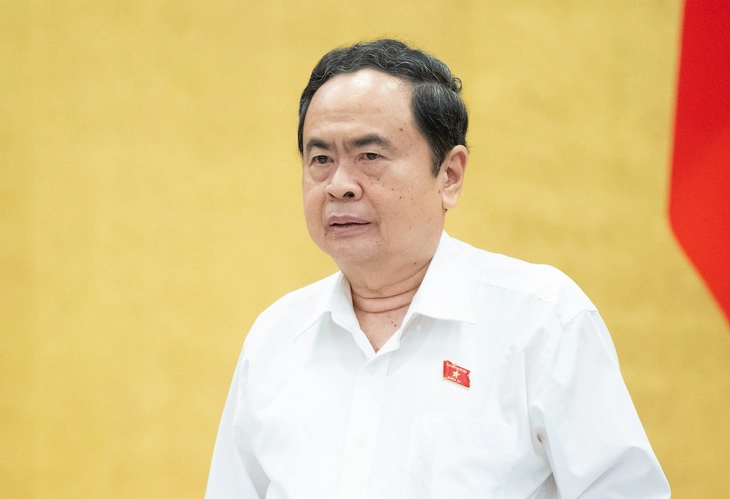



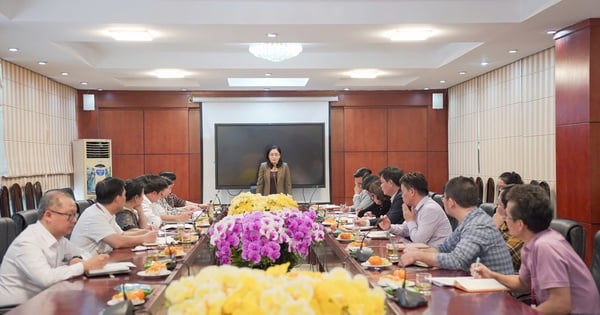
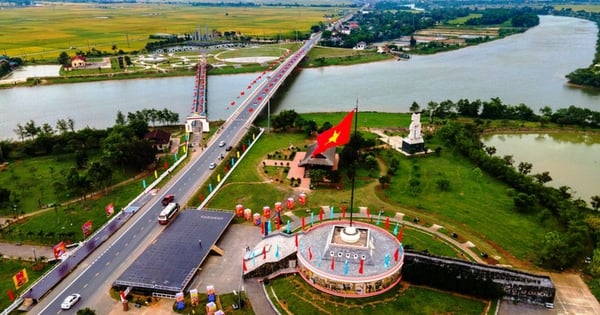
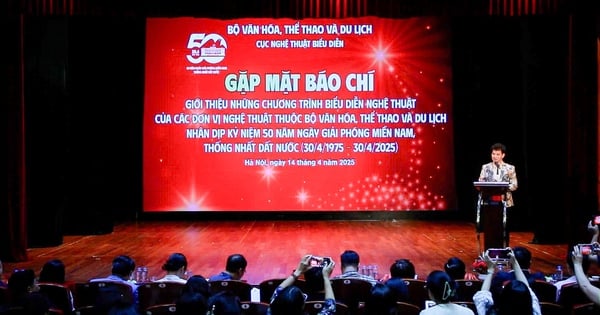
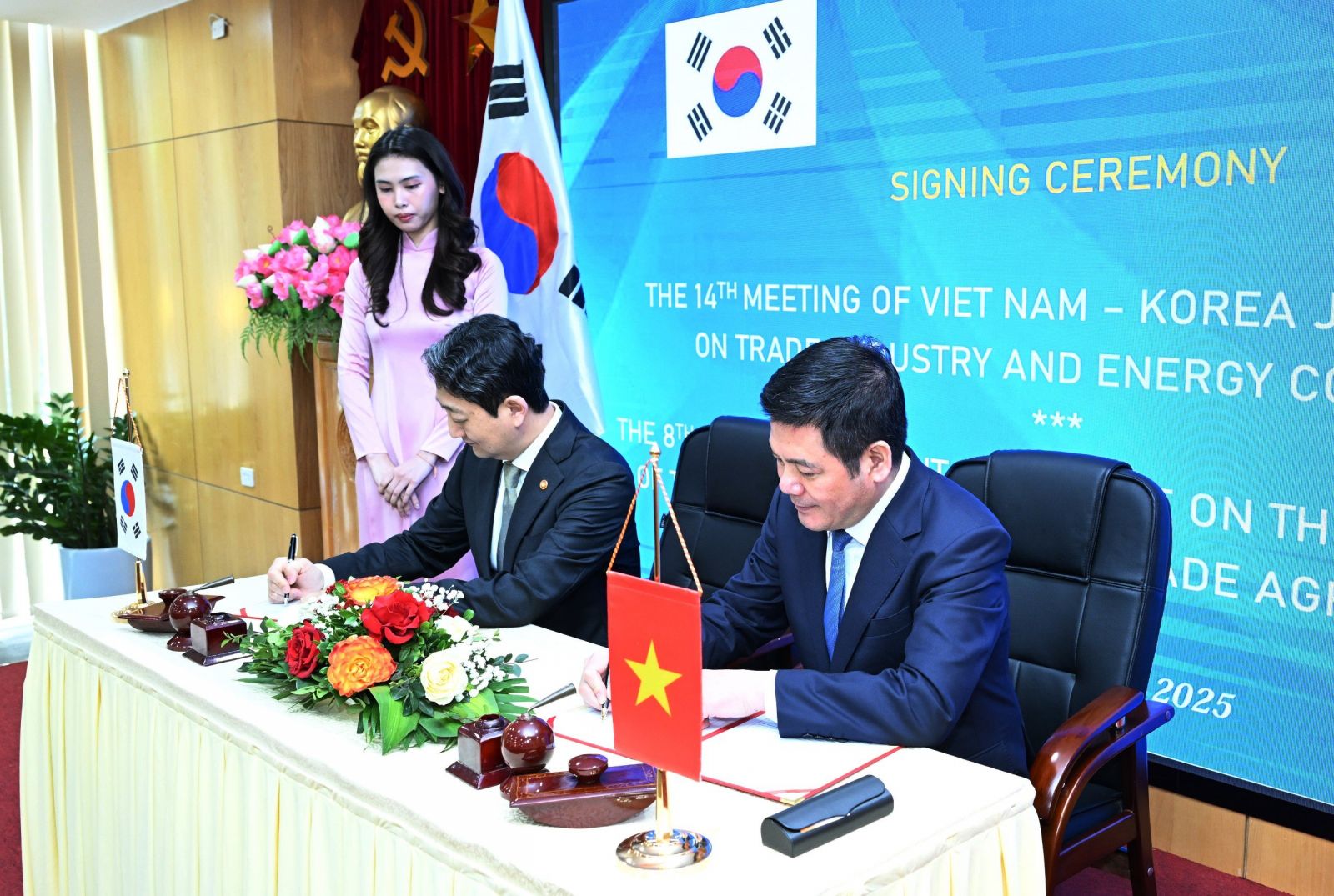



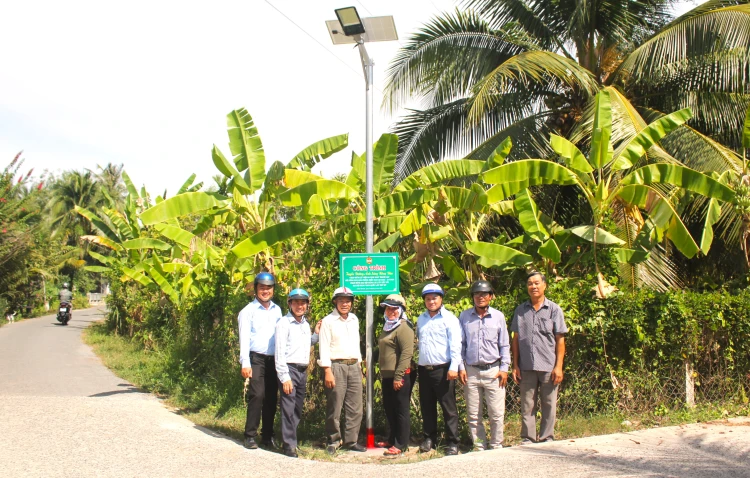

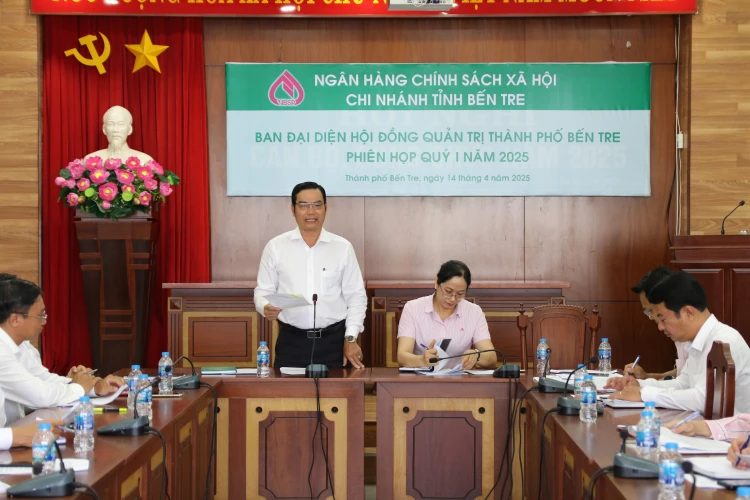
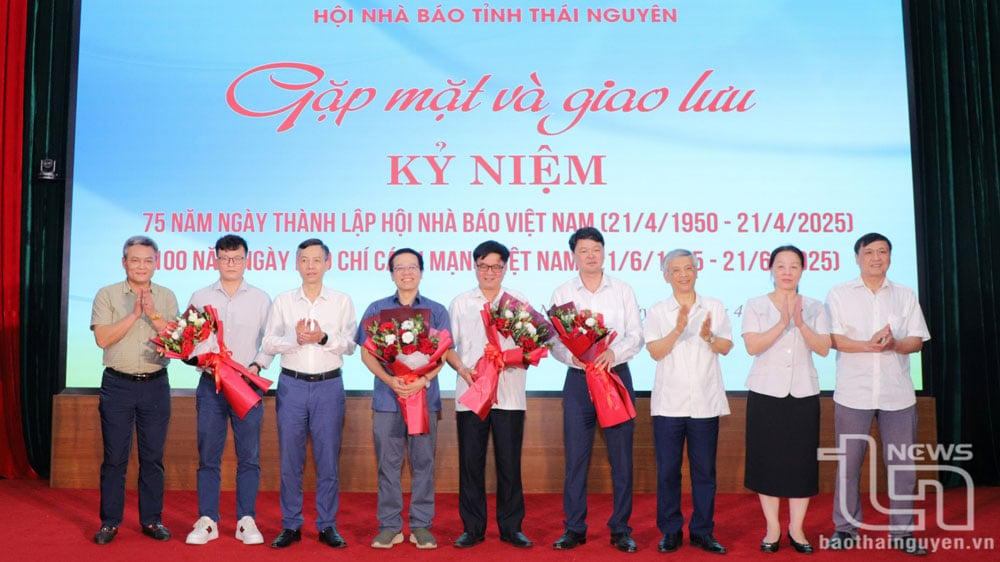












Comment (0)